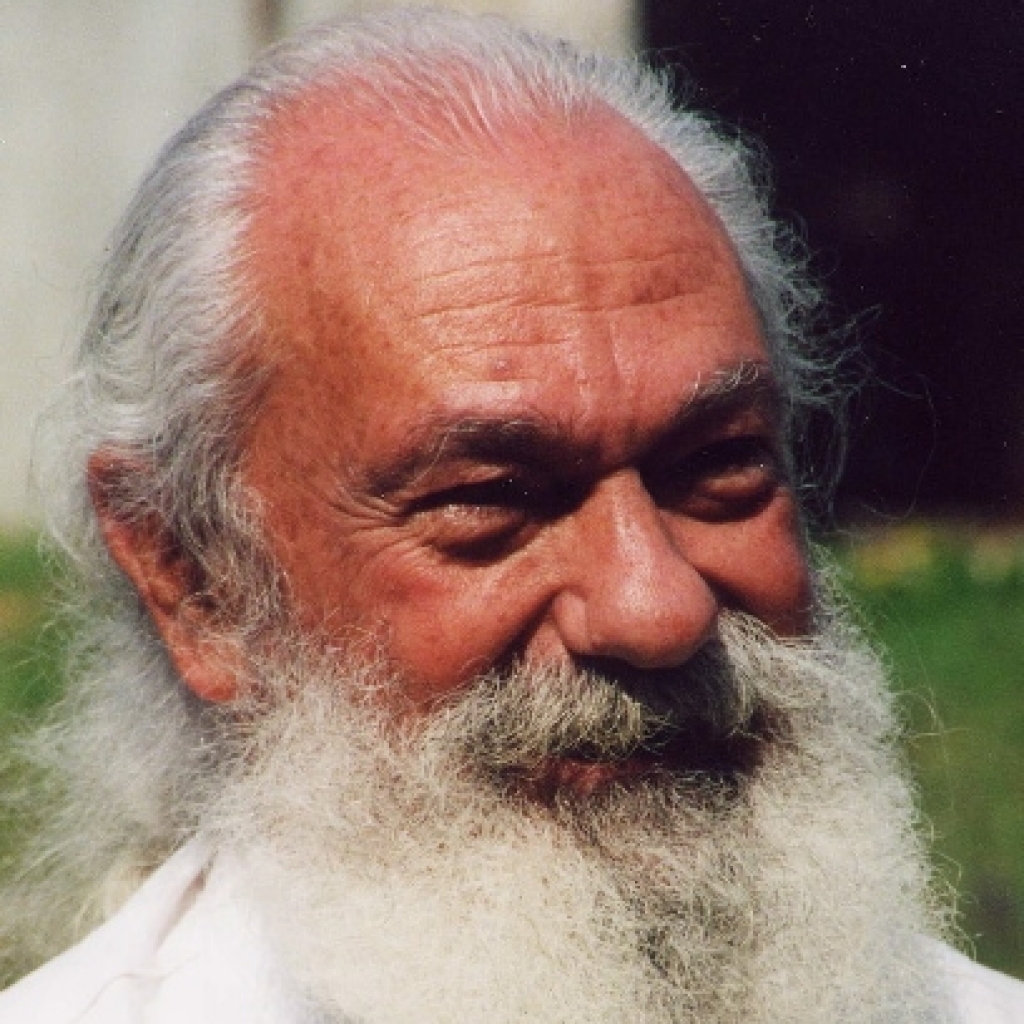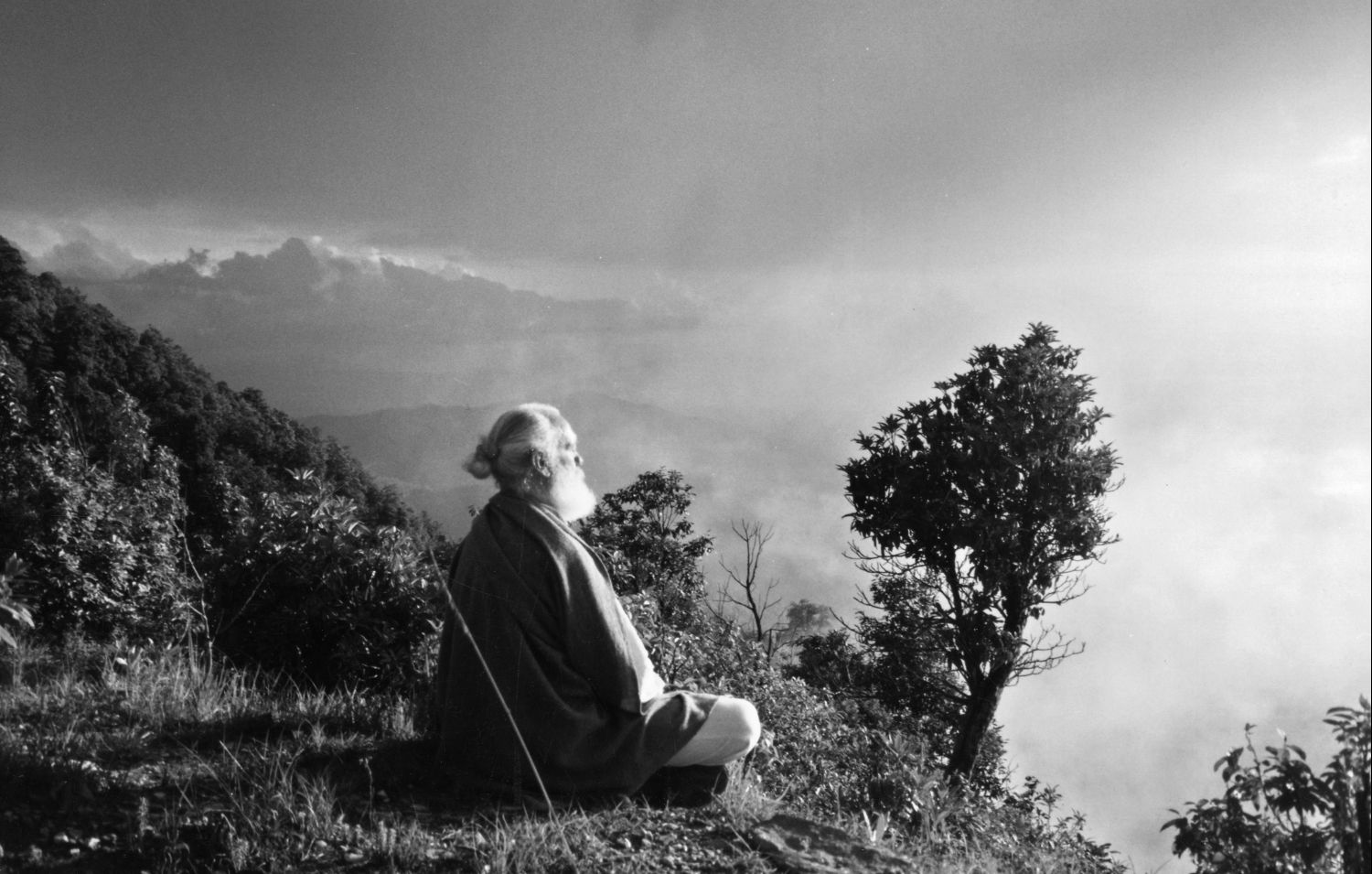di Piero Cammerinesi
Novembre 2004
Pochi mesi fa, a fine luglio di quest’anno che ormai volge al termine, ci ha lasciato un amico.
Un amico di tutti coloro che vogliono pensare i pensieri propri e non quelli preconfezionati, un amico di tutti quelli che vogliono sentire i propri sentimenti e non quelli celebrati e codificati dai media, un amico soprattutto di chi ha il coraggio di dire ciò che pensa, sempre.
Perché vera libertà non è fare ciò che si vuole – andremmo a ledere la libertà dell’altro – ma saper pensare, sentire e volere quello che veramente vogliamo.

E lui, Tiziano Terzani, è stato un maestro della quanto mai rara arte di saper esercitare la vera libertà: quella interiore.
Leggere il suo ultimo libro, Un altro giro di giostra. Viaggio nel male e nel bene del nostro tempo, uscito pochi mesi prima della sua scomparsa, è un piacere dell’anima, non solo della mente.
Potremmo definirla l’intelligenza del cuore, quella inconsueta qualità che non si limita a comprendere, descrivere e rievocare fatti e pensieri con finezza e profondità, ma è in grado di coinvolgere anche emozioni e sentimenti. Perché anche la più lucida ed algida intelligenza non è sufficiente a districare la complessa molteplicità dell’essere se non accorre in suo aiuto il calore dell’amore per la verità.
Pur dotato di brillante intelligenza, Terzani ci conduce per mano con il sentire – non solo con il ‘pericoloso dubitare’ cartesiano – sino al profondo mistero del risuonare del nostro animo, colpito e coinvolto dagli eventi del mondo.
Leggere le sue riflessioni e dirsi:
“…quante volte l’ho pensato ma non ho mai avuto il coraggio di ammetterlo e, tanto meno, di comportarmi di conseguenza!”
avviene assai frequentemente se ci si addentra tra le pagine dei suoi scritti.
Giornalista coraggioso e scrittore così originale, che a parlare – o scrivere – di lui si ha sempre l’impressione di dire qualcosa di banale, di scontato. Allora sembra di sentirla, dietro le spalle, quella sua sonora risata che tanto colpiva chi lo conosceva o semplicemente chi ne seguiva un’intervista televisiva.
Terzani appartiene a quelle rare personalità che hanno veramente saputo dare piena ed autentica testimonianza di sé nel mondo.
È scomparso a 66 anni, o, come preferiva dire lui, ha lasciato il suo corpo, lasciando a noi un grande insegnamento e molta nostalgia; il suo dialogo con il male che lo aveva colpito è un esempio di straordinario coraggio ed al tempo stesso di semplicità e naturalezza.
Ed è proprio questa, forse, l’impressione più profonda che si trae dalla lettura dei suoi libri e dalle sue interviste: la naturalezza. La naturalezza con cui affrontava il mondo, la vita, le contraddizioni, gli inganni, le infingardaggini e le superficialità della nostra epoca. La naturalezza di uno fuori dal coro,
“…con l’aria da pazzo che non ha paura di essere preso per un grullo.”
Un altro giro di giostra, che parte dalla scoperta di avere un tumore, è in realtà un viaggio non solo nello spazio, verso civiltà lontane ed esotiche, ma anche nelle profondità stesse del sé.
Con le sue parole:
“…a pensarci bene, dopo un po’ il viaggio non era più in cerca di una cura per il mio cancro, ma per quella malattia che è di tutti: la mortalità”.
Uno dei giornalisti italiani di maggior prestigio a livello internazionale e profondo conoscitore dell’oriente, Tiziano Terzani ha dimostrato come anche un occidentale possa coltivare uno stile di vita nobile e profondo senza necessità di abbracciare fedi – termine oggi troppo spesso traducibile in ‘mode’ – che non appartengono alla nostra cultura.
I suoi reportage e racconti sono stati tradotti in tutto il mondo; un esempio di stile italiano che non vogliamo dimenticare.
Collaboratore di punta del Corriere e corrispondente dall’Asia per Der Spiegel, è stato scrittore di qualità e non di quantità – ci riferiamo a quegli autori che usano la propria celebrità per sfornare libri a raffica, spesso superficiali, quando non scaturenti da una vera e propria ‘catena di montaggio’ intellettuale.
Si possono condividere o meno alcune sue opinioni – ha fatto scalpore la sua diatriba con Oriana Fallaci dopo l’11 settembre – ma oggi, a sei mesi dalla sua scomparsa, ci sentiamo tutti più soli perché sappiamo di avere perso in lui un amico ed un uomo libero.
Editoriale LuxuryFiles dicembre 2004
* * *
HIS OWN MAN
A few months ago, at the end of July in this year that is ending, we lost a friend. A friend of all those who want to think thoughts that are not pre packed, but their own; a friend of all who want to feel their own feelings, not ones celebrated and codified by the media; above all a friend of whoever has the courage to say what they think, always.
Because true freedom is not doing what we want that would damage others but is knowing how to think, feel and want what we truly wish.
And he, Tiziano Terzani, was a master of the rare art of knowing how to exercise true, interior freedom. Reading his last book, ‘Un altro giro di giostra. Viaggio nel male e nel bene del nostro tempo’ (Another Go on the Carousel. A Journey in the Good and Bad of our Times), published a few months before his demise, is a pleasure, not only for the mind but also for the soul. We could define it as the intelligence of the heart, that unusual quality that does not limit itself to understanding, describing and recalling facts and thoughts with finesse and depth, but is also able to involve emotions and sentiments. Because even the most lucid and cool intelligence is, without the aid of the warmth of the love of truth, not enough to disentangle the complex multiplicity of being.
Although endowed with scintillating intelligence, Terzani takes us by the hand through our feelings not just the ‘dangerous Cartesian doubt’ right down to the deep mystery of the resonance of our soul, caught up in and hurt by the events of the world.
When reading his reflections it happens quite frequently to say, “…how many times have I thought that but never had the courage to admit it and, even less, to behave accordingly!” when one gets in among his writings.
He was a courageous journalist and so original a writer, that in speaking or writing about him, one always had the impression of saying something banal, trite.
Then, from somewhere over the shoulder, seemed to come that deep laugh of his that so struck whoever knew him, or whoever simply followed a television interview. Terzani belongs among those rare people who have truly known how to give a full and authentic testimony of their selves to the world.
He passed away at 66 years, or, as he preferred to put it, he left his body, leaving us with his great teaching and much nostalgia; his dialogue with the condition that had struck him is an example of extraordinary courage and, at the same time, of simplicity and naturalness.
And it is exactly this that is perhaps the deepest impression that remains from a reading of his books and interviews: his naturalness. He faced life, the world, the contradictions, the deceptions, the sloth, and the superficiality of our age with this naturalness of one
singing from a different page, “…with the air of a madman who has no fear of being taken for a simpleton.”
‘Un altro giro di giostra’, which starts with the discovery that he has a tumor, is really not only a journey in space, bound for distant and exotic cultures, but also into the very depths of self.
In his words: “…thinking well about it, after a little while
the journey was no longer in search of a cure for the
cancer, but for that malady which is of us all: mortality”.
One of the most prestigious Italian journalists on the international level and profound connoisseur of the Orient, Tiziano Terzani showed how even a westerner can cultivate a noble and profound style of life without embracing faiths – too often translatable today as ‘fashions’ – that do not belong to our culture. His reportage and stories have been translated all over the world; examples of Italian style that we never want to forget.
An important collaborator of the Corriere della Sera and Asian correspondent for Der Spiegel, he was a writer of quality not quantity, we have in mind those authors who use their own celebrity to churn out streams of books often superficial, when not springing from a real intellectual assembly line.
One can agree or not with some of his opinions his diatribe with Oriana Fallaci afier 11 September caused a great fuss but today, six months after his death, we all feel more alone because we know that in him we have lost a friend, and a free man.




